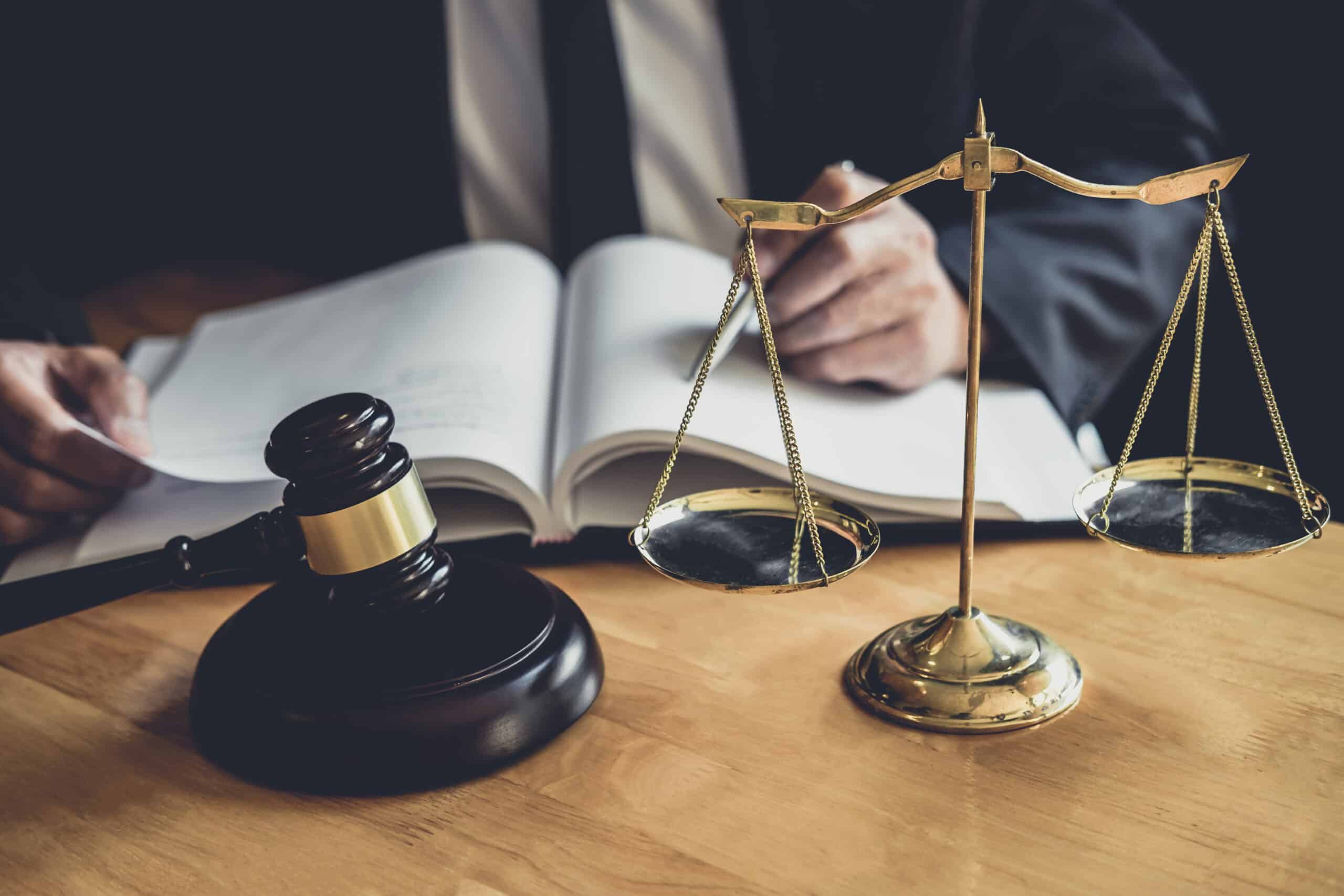Check fraud is one of the most common types of white collar crimes in Michigan, and one of the biggest challenges facing businesses, financial institutions and even individuals. Advancements in computer technology has made it easier than ever to manipulate checks in a way that deceives those expecting value in exchange for money. These types of crimes are proliferating because those involved see it as a “cleaner” alternative to a street hustle.
Recently in Detroit, two female cousins were arrested after attempting to cash several allegedly bad checks at a local bank one weekend. One was charged with uttering and publishing a check, a felony charge, and another was charged with the same, and also with possession of a forged driver’s license, a misdemeanor. The two had reportedly traveled branch-to-branch and even state-to-state to cash the checks. It is believed there is a third male suspect, who has not yet been identified. The Sentinel-Standard reports the investigation continues.
MCL 750.131a holds a person is guilty of check fraud if, with an intent to defraud, they make, draw, utter or deliver any check, draft or order for payment of money on a bank account knowing he/ she doesn’t have an account or credit with the bank upon presentation. It’s considered a felony offense, for which the maximum penalty is a two-year prison stint and/ or a $500 fine. If a person commits this offense three or more times in the course of 10 days, the maximum fine shoots up to $5,000.
It’s not unheard of in these cases, particularly if the operation crossed state lines, for federal charges to be filed.
Types of Check Fraud in Michigan
Flint white collar crime defense attorneys recognize there are numerous different forms of check fraud recognized by authorities. Those include:
- Forgery. This scenario can unfold when an employee of a business issues a check to themselves without proper authorization. In other cases, an individual may steal a check, endorse it and present for payment at a bank or retail location often (as allegedly done in the recent Detroit case) with a phony identification card.
- Counterfeiting and alteration. Counterfeiting can involve wholly fabricating a check. Alteration involves using solutions and chemical solvents to modify the handwriting or other information on the check. This is sometimes called “check washing.” Advancing technology has made both of these processes easier.
- Paperhanging. This involves individuals intentionally writing and cashing checks on accounts they know are closed.
- Check kiting. This occurs when someone opens two accounts at two different banks or financial institutions and then taking advantage of the “float time” of available funds to rack up balances on both accounts. This practice has become more common in recent years as banks have been bound by regulation to make money available to consumers much sooner.
Annual losses nationally owing to check fraud are estimated to be in the billions, and officials say it’s been rapidly growing in recent years.
Defenses to Check Fraud Accusations
The approach your defense lawyer will take in your Michigan check fraud case will be heavily dependent on the type of fraud allegedly perpetuated and the details of your case.
A couple possible defense strategies include:
- No intent to defraud. A key element in these cases is intent to defraud. If intent cannot be proven – or if reasonable doubt about intent can be raised – you cannot be convicted. For example, we may posit that you reasonably believed there were enough funds in your account to cover the check. Or maybe you altered the amount of money on a check a relative gave you. If you can show you had permission to do this, intent isn’t proven and it wasn’t fraud.
- Mistaken identity. You may have taken a fake check to the bank and attempted to cash it. However, if you didn’t know it was fake and/ or you weren’t the person who created or altered it and didn’t have any reason to believe it wasn’t real, you can’t be found guilty.
It’s important in these cases to speak with an experienced defense lawyer who can help you explore the entirety of your legal options.



